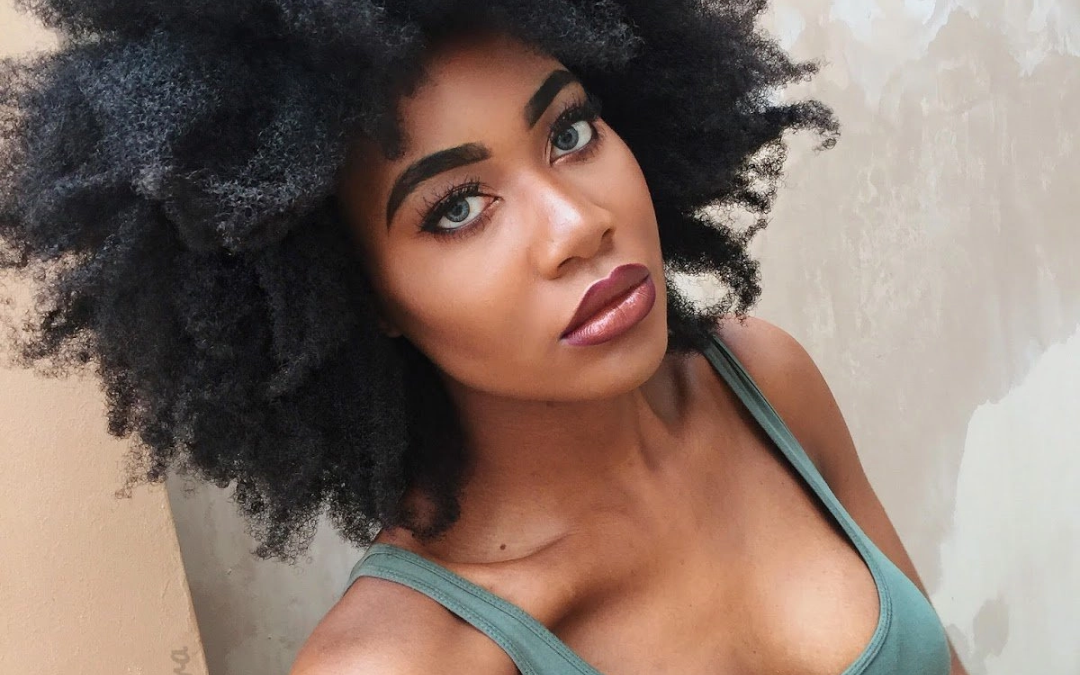Why the natural hair movement is slowing down among black women
Over the past few years, the natural hair movement has taken the African-American community by storm. Women are ditching chemicals and heat in favor of embracing their natural hair texture. However, it seems like the momentum may be slowing down. According to a recent survey, only 60% of black women say they wear their hair naturally, down from 77% in 2014.
But it seems like the momentum of this movement may be slowing down. A new study suggests that black women are again turning to relaxers to straighten their hair. In fact, 30% of respondents said they had relaxed their hair in the last year, compared to 22% in 2010.
So what’s behind this shift? Here are a few possible explanations.
In recent years, the natural hair movement has gained traction among black women embracing curly, kinky, and coily hair textures.
In recent years, the natural hair movement has gained unprecedented momentum among black women. This has seen an embrace of their naturally kinky, curly, and coily hair textures. It is noteworthy that this movement is rooted in a political mission to reclaim control of how black women present themselves and influence perceptions around classism, race, femininity, and sexuality. This trend has resulted in increased acceptance of individual beauty and the embracing of one’s heritage – which had often been discouraged in favor of more ‘European’ standards. This appreciation for diverse textures is indicative of progress toward true racial equality.
However, a new study shows that the number of black women returning to chemical relaxers is on the rise.
While recent national studies have offered promising insights into the shifting beauty standards currently embraced by African-American women, a new study shows that an increasing number are returning to chemical relaxers. This apparent step backward comes as many fashion and beauty influencers and celebrities have touted going natural as the key to greater acceptance of afro-textured hair. The renewed interest in chemical relaxers is certainly causing concern, as these products are known to cause follicle damage and scalp irritation. Scientists hope to uncover the motivations driving black women to return to chemical treatments and carefully examine all potential health risks associated with using them.
While the natural hair movement may slow down among black women, it is still an essential part of celebrating black beauty and identity.
The natural hair movement has become considerably less popular in recent years, yet its impact remains profound. It isn’t just about the aesthetic but also about a newfound sense of empowerment and identity for many black women. By embracing their natural selves without altering them with chemicals and other styling products, they feel more connected to their heritage, culture, and native roots. While it might be seen as an ephemeral trend by some, many still refer to the movement as a source of pride that resonates within their community. It indicates greater strides in self-acceptance and celebration of all shades of beauty – an idea that transcends time, space, and generations.
The natural hair movement has been an essential part of celebrating black beauty and identity for many years. However, a new study shows that the number of black women returning to chemical relaxers is on the rise. There are several reasons why this trend is occurring, including the time and effort required to maintain natural hair, as well as the lack of representation of natural hair in the media and popular culture. While the natural hair movement may slow down among black women, it is still an important part of celebrating black beauty and identity.

